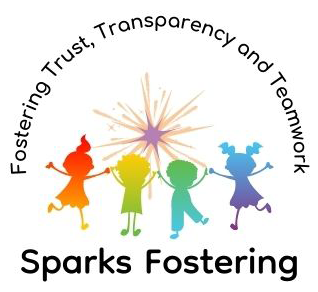Things that can go wrong in foster care and how they can be avoided
When a fostering arrangement doesn’t go as planned it can be distressing for all involved. Things that can go wrong include:
-
The child struggles with their behaviour. This could mean that the child needs lots of support and attention, or may damage property, hurt others or refuse to comply with reasonable requests.
-
The child has a higher level of support needs than identified at matching. This can include behavioural needs
-
A formal complaint or allegation is submitted against foster carers. This can be done by the child or the child’s family, or anyone else.
-
The foster carers become overwhelmed and regret fostering
Here are some things that foster carers should be alert to and how carers (and their agencies) can avoid serious issues:
-
Careful matching is essential to ensure that children are appropriately matched to the right family for them. Referrals can sometimes be vague and sparse in information; so further information must be required before agreeing to the match. At Sparks Fostering we also request that the child’s social worker shares the child’s review and risk assessment paperwork, so that we can be clear about the child’s needs. Where possible, a meeting between the child’s social worker, supervising (fostering) social worker, and foster carer is also arranged.
-
Foster carers should receive good quality supervision and training. This helps to reduce the likelihood of the child struggling and also helps the foster carer to manage difficult situations well.
-
Look for any triggers of previous deteriorations in behaviour so they can be managed appropriately in future. This may include significant dates (such as birthdays of people who matter to the child), changes in seasons, transitions (e.g. starting a new school) and contact with certain people.
-
Foster carers should seek support when they start struggling. This could be advice or guidance from the fostering service, support from friends and family, or a request for a short break by arranging respite care for the child.
When struggles can’t be avoided, foster carers and their agencies should consider these suggestions:
-
Review the agency guidance and policies on supporting children who struggle with their behaviour. Sparks Fostering shares comprehensive agency guidance on its website.
-
Always take a therapeutic approach to supporting the child through challenging times; the fostering provider should provide training on how that can happen
-
Staff and foster carers must keep accurate recordings so that the strategy for supporting the child and updates about the child’s progress are clear. Accurate recordings and also reduce the likelihood of carers being made subject to unfounded complaints and disciplinary action.
-
Meetings and reviews should be held as soon as concerns start to materialise. Don’t wait until the child is in crisis. Meetings should include the child’s social worker, the fostering social worker, the foster carer, any other relevant professionals, and the child and the child’s own family (if appropriate).
-
Specific training should be completed to meet the specific needs of the child.
-
Appropriately experienced and qualified specialists should be commissioned when possible.
-
Don’t lose sight of the impact of previous experiences on the child’s behaviour, any additional needs and that every child deserves patience, compassion and love.
-
Consider the support needs of all children in the home, including the foster carers own children.
-
Avoid calling the police if possible so that the child isn’t criminalised, because this will affect their future.






